.
A contribution from:
 Achille AGBÉ , President EiC Corporation
Achille AGBÉ , President EiC Corporation
 Jean-Emmanuel DEVIENNE , President Dacso,
Jean-Emmanuel DEVIENNE , President Dacso,
Partner Relations Director EIC Corporation
 François de CHEZELLES , CEO Talium
François de CHEZELLES , CEO Talium
.
Under the effect of confinement and the shutdown of production chains, the Covid-19 crisis caused an unprecedented economic shock in terms of both supply and demand: 1 job in 4 (especially in very small businesses) threatened in Europe (McKinsey, April 2020), 25 % expected increase in business bankruptcies (Coface), 3 points of French GDP lost each month (INSEE, March 2020), 22 million new unemployed in the United States in a month...
These frightening figures point to our extreme systemic fragility. In particular, we are spectacularly dependent on the health of the essential links in the economy, namely small businesses, which are the most affected by the crisis.
For the most fragile countries, the results could turn out to be even worse. A good number of African exporters of raw materials (oil, copper, cocoa, palm oil, etc.) are entering the crisis with an insufficient level of foreign currency reserves, while their market has collapsed. As for the countries benefiting largely from foreign remittances, their consumption and investment should contract violently. Not to mention the tourist destinations that will have to survive an almost total shutdown of activity.
In the end, the lack of adequate health structures and infrastructure in Africa, coupled with the current weakness of its economy to absorb the crisis despite the fall in the markets, worries about the solidity of its economic fundamentals. The BCEAO (Central Bank of West African States) fears an unprecedented economic recession within six months, when the African Union expects 20 million job cuts and rising debt. This economic setback can plunge millions of people from the " emerging middle class " back into extreme poverty, with many deaths as a result.
Can we avoid these tragedies ? Probably not completely, but certainly in part if we avoid economic paralysis by limiting the domino effects of the recession. It is a question of better protecting small businesses , particularly those which were doing well before the crisis or which have potential, and which are the reservoir of the return to normal post-Covid, contrary to which we will witness a general coma, an evaporation of knowledge and the lasting disintegration of supply chains.
In addition to the involvement of central banks, several measures can be considered, including some where the usefulness of a blockchain would be major:
1. Simplified and cost-effective setting up
of assistance funds for companies in difficulty
The establishment and management of investment activities on traditional asset classes, including investment funds, can now be greatly facilitated and less costly by representing these assets with digital assets (aka security tokens) issued on a blockchain and managed throughout their lifecycle via an online platform.
The use of tamper-proof programs such as smart contracts and other digitizations allows the automation and radical acceleration of important processes such as investor registration, regulatory compliance checks, settlement, movement tracking securities, post-issue operations, reporting, etc. And several tokenization platforms operating in SaaS mode, project implementations are further simplified, with streamlined costs, therefore further reduced.
Tokenizing a relief fund could thus be a great way to implement it , while minimizing costs, promoting better services with automations and other digitalizations, providing better liquidity and promoting the entry of more people. investors (or donors).
Moreover, financing a company via a fund requires upstream due diligence work, which has a cost (and is time-consuming). The blockchain could again be useful by allowing that over the aid granted to such a company, its ability to meet its repayment commitments is recorded in a convincing manner on a blockchain. This would create a searchable credit history for him that would complete his file to simplify subsequent due diligence in the event of new financing requests. The key: always more savings, in the interest of reducing repayment interest rates.
We welcome here the current dynamic in Africa where Task Forces and Do-Tanks are very active in rethinking the new post-Covid paradigm. The African Union and multiple pan-African organizations are hard at work, including EiC Corporation, which is working with the Talium tokenization platform to set up a fund to help companies in difficulty and a microfinance type (loans for working capital).
Tokenization is all the more an interesting alternative to traditional financing as it can also cover less mature projects (which banks often do not finance) and can compensate for the lack of private equity funds in Africa (only 200 structures, i.e. the equivalent of France alone – with a strong concentration in English-speaking Africa – and aimed more at very mature projects with average deals of €16 million).
It will certainly be necessary to foresee that the OHADA law evolves, which offers economic players in sub-Saharan Africa and foreign investors the legal framework to promote investment and economic development, but some are already working to draw inspiration from the remarkable dynamic in France in favor of digital assets and orchestrated by the Autorité des Marchés Financiers (DEEP decree, PACTE law, etc.).
Finally, it should be noted that the enrollment of investors can also be stimulated by letting them designate the sectors they want to help as a priority or exclusively (CSR, agriculture, refusal to finance certain activities, etc.). The traceability properties offered by the blockchain are all designated and their processing is the subject of point 3, below.
2. Invoice payment guarantee
Protecting small businesses also means guaranteeing that their services will be paid. However, crisis situations are conducive to blind extensions of payment deadlines, or even worse, to non-payments when a company goes bankrupt.
To guard against this, the aid fund could " pay " the companies helped in tokens from a blockchain (tokens) exchangeable with the fund for fiat money, then these companies could themselves pay their subcontractors. in tokens, and so on. The tokens would be transferred upon order but would only become exchangeable upon delivery of the service. Thus, not only would all the actors be paid without delay, but also the bankruptcy of a company would not prevent its subcontractors from being paid.
3. Access to reliable indicators
on the use of aid funds
Credible indicators are needed to improve the proper allocation and effectiveness in the field of aid funds, in particular to validate the correspondence between the justifying objectives of these funds and the reality of their use. This also makes it possible to promote the enrollment of investors by giving them confidence in the usefulness of the funds.
However, as crucial as it is, this visibility can be difficult to obtain in certain countries or ecosystems where it can be perceived as a form of interference, to the point of slowing down the establishment of the fund. If it became possible to strictly control , without it being manipulable, who accesses what level of detail of the field data, who can order processing on it (AI, reporting, calculation...) or who only accesses to their results, then the possibilities of advancing would be completely different.
This would, for example, allow some (eg local authorities) to have access to everything, while others (eg investors or donors) would only have access to certain reports with only the indicators tolerated by the various stakeholders.
The good news is that this scenario is now technically feasible by combining blockchain, for tamper-proof governance of data access rights driven via smart contract, with applied cryptography technologies. The latter protect the confidentiality of data with algorithms such as Secret Sharing for the protection of encryption keys, or the use of enclaves such as Intel® SGX to create secure execution environments (Trusted Execution Environment, TEE) where programs are run on a strictly confidential basis.
These approaches make it possible to envisage the implementation of reliable indicators without fear of interference and respecting all other confidentiality requirements (GDPR, etc.).
……
IN REGARDS TO
- TALIUM is a blockchain expert article engineering company and publisher of a SaaS tokenization platform facilitating the issuance and management of the complete life cycle of digitalized assets.
- EIC Corporation is an international Do-Tank for economic cooperation and development bringing together investors, economic operators, academics and actors in society.
- DACSO is a business development and physical trading (brokerage/trading) company.

















 Achille AGBÉ , President EiC Corporation
Achille AGBÉ , President EiC Corporation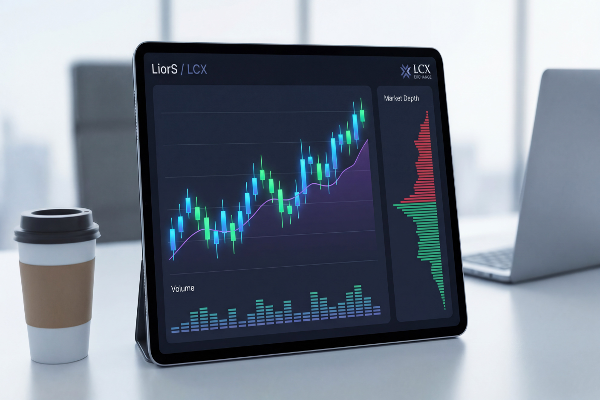
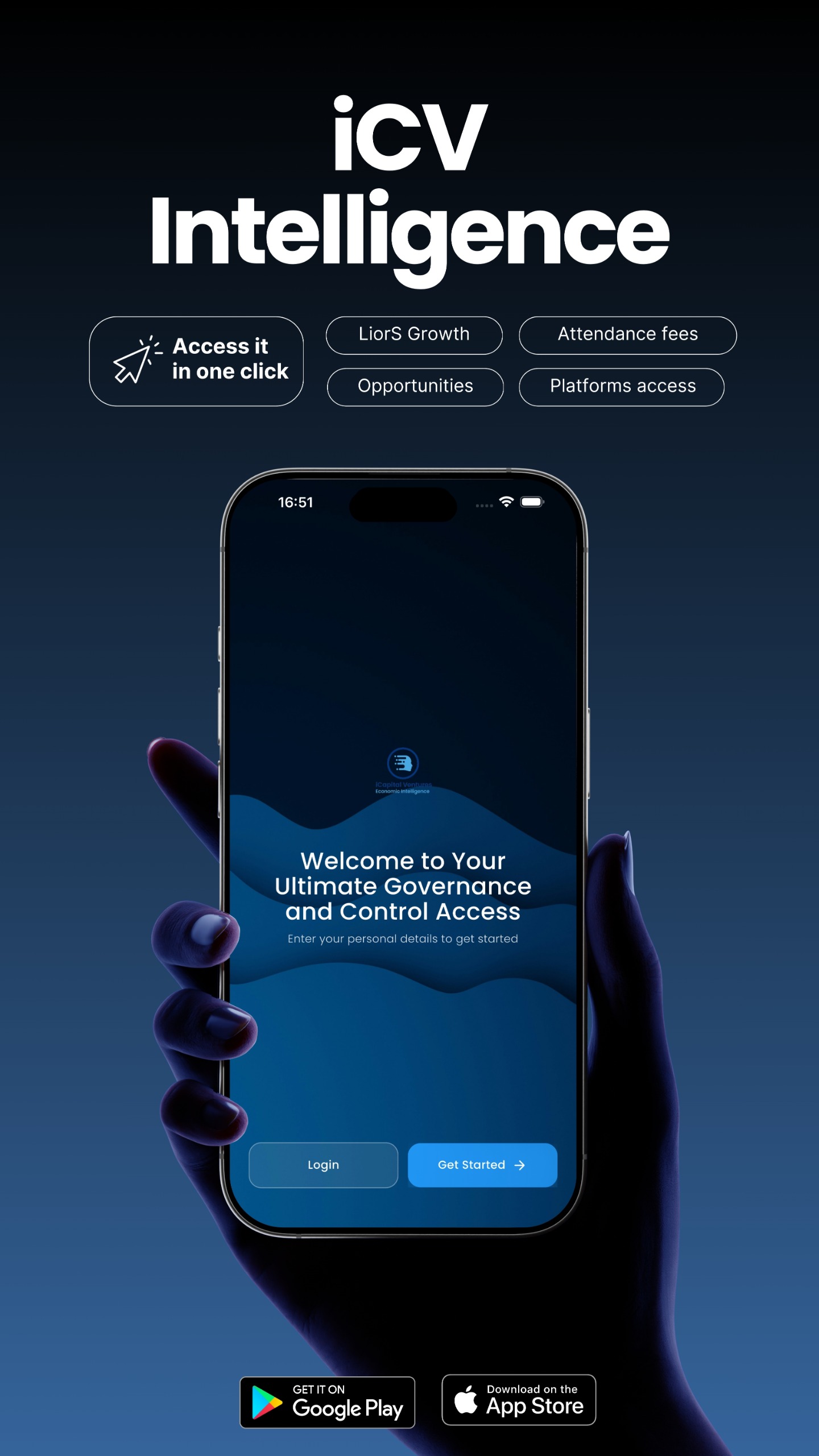
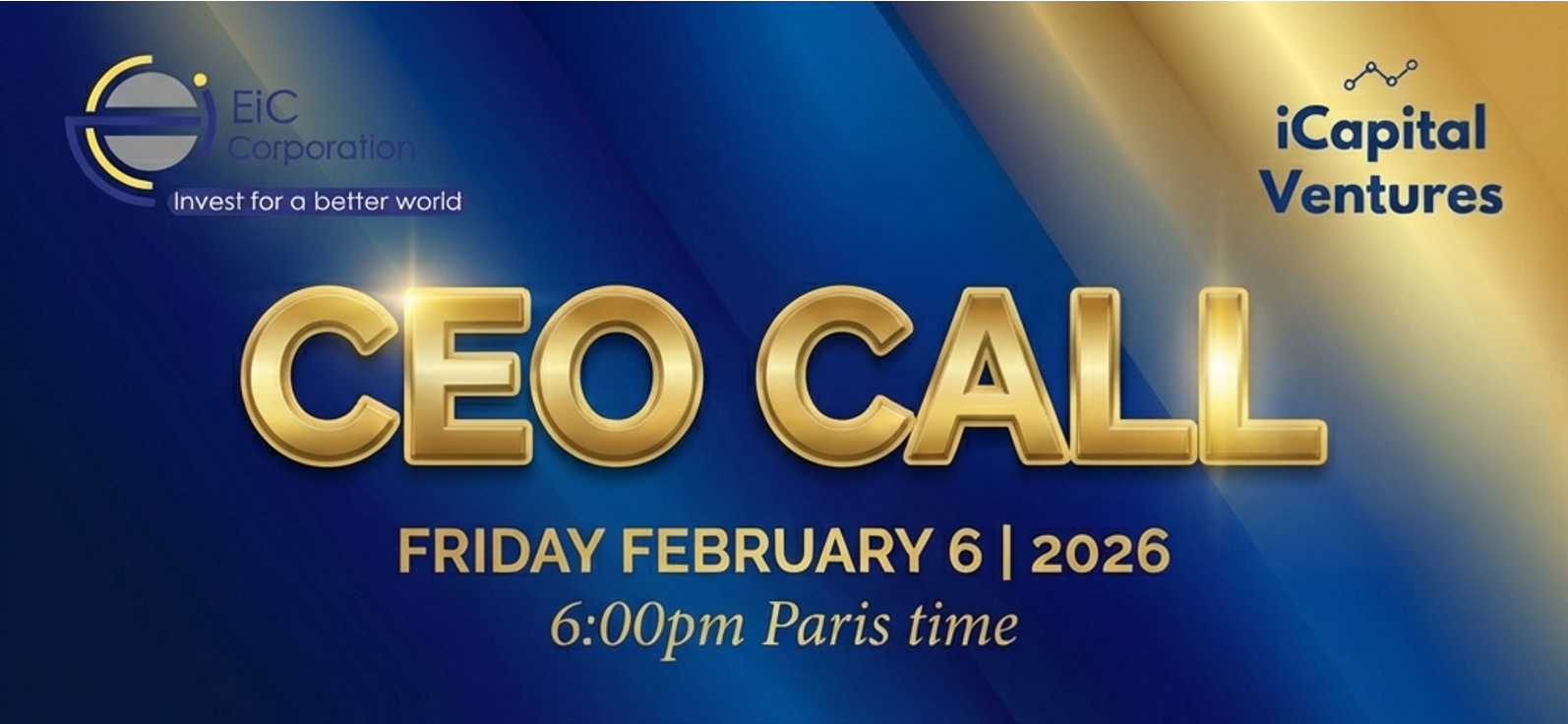

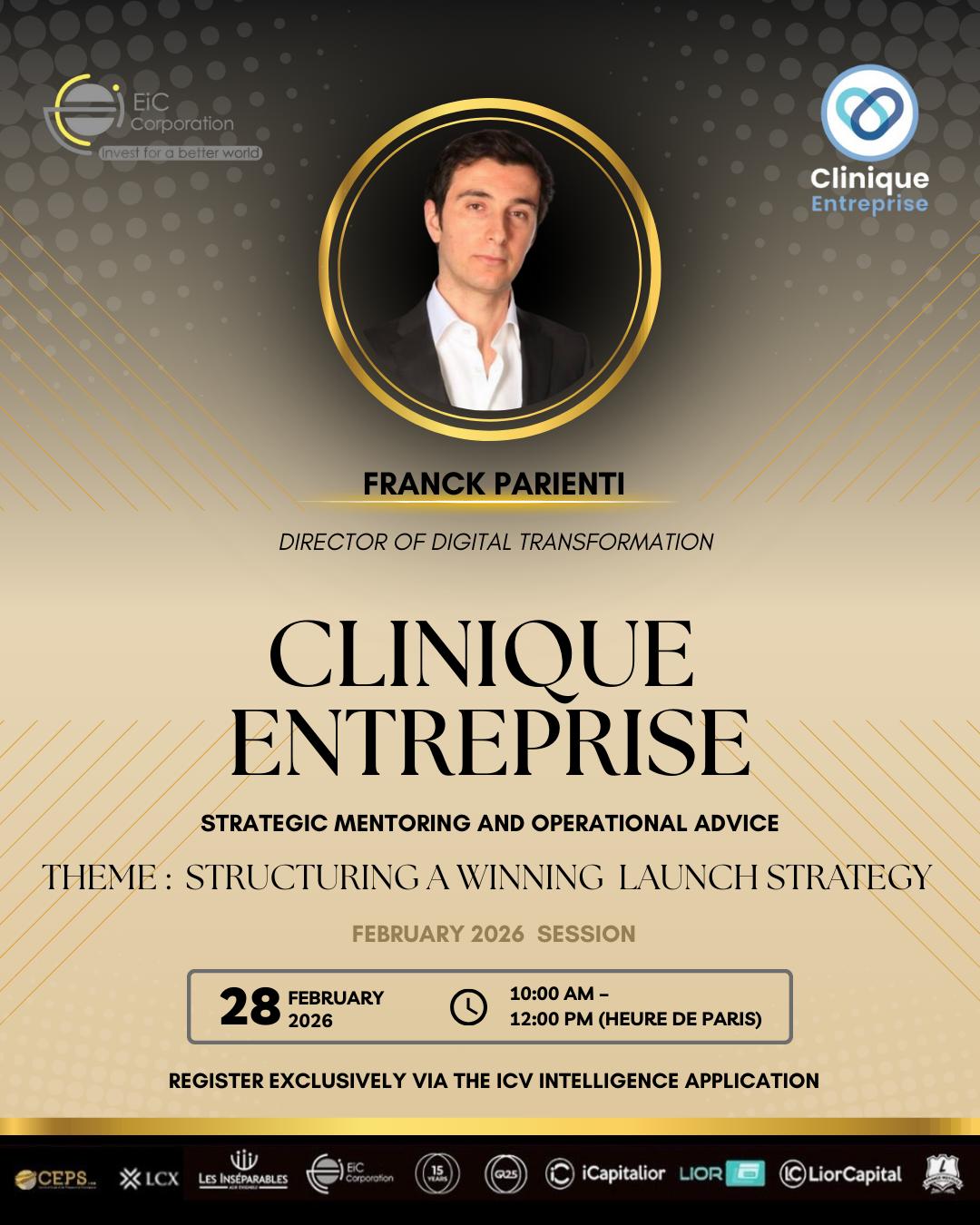

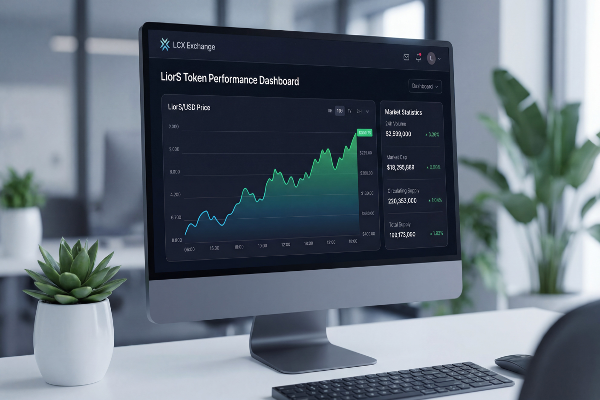
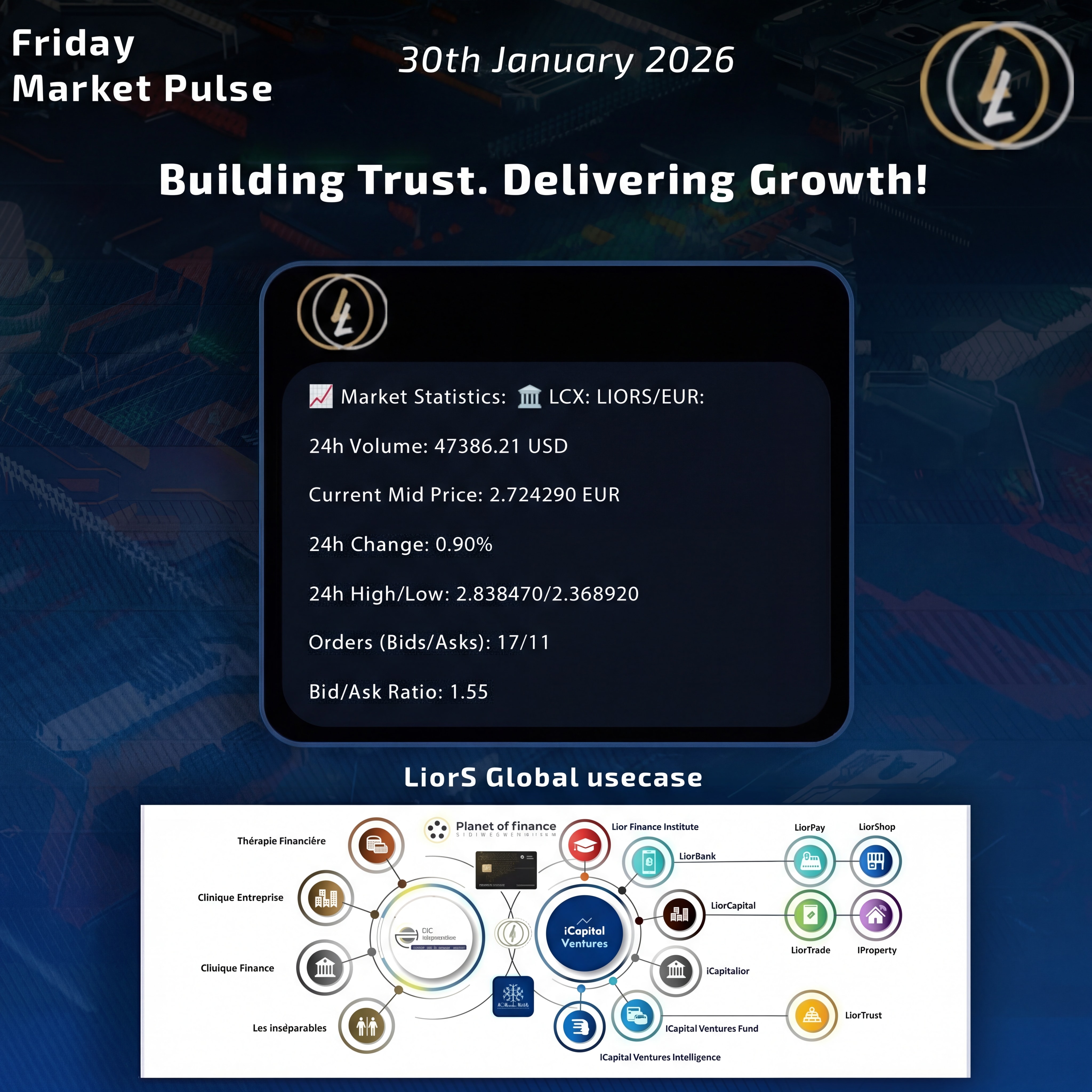
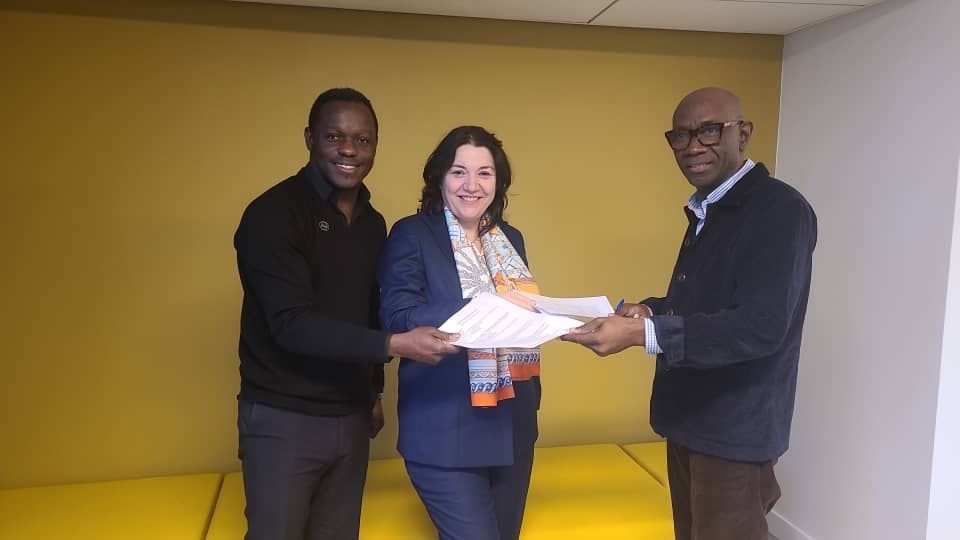








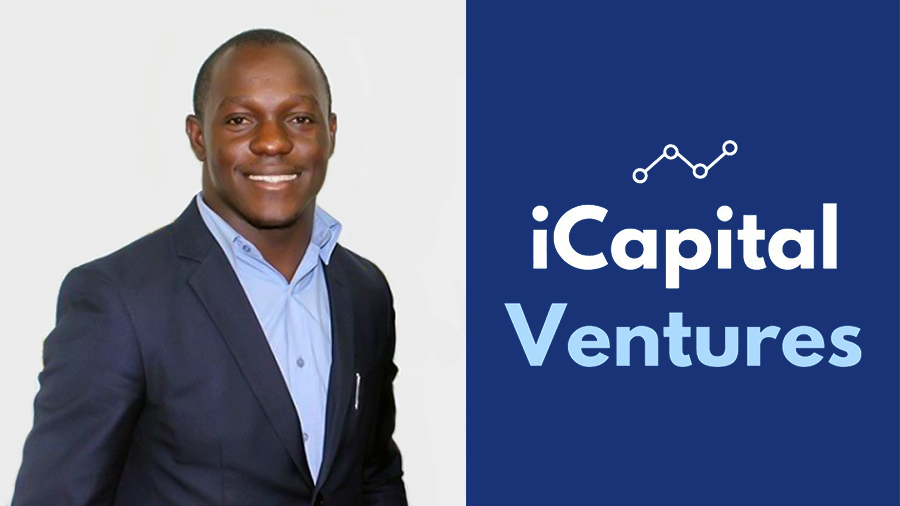





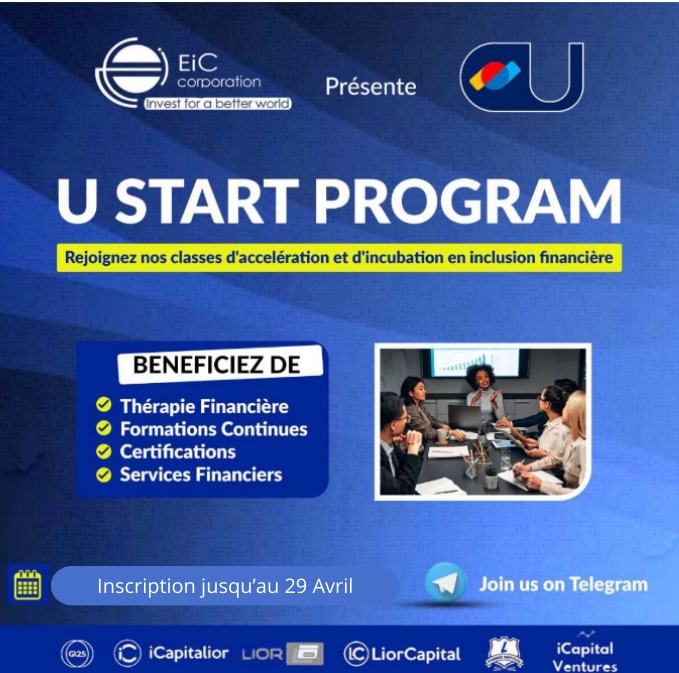


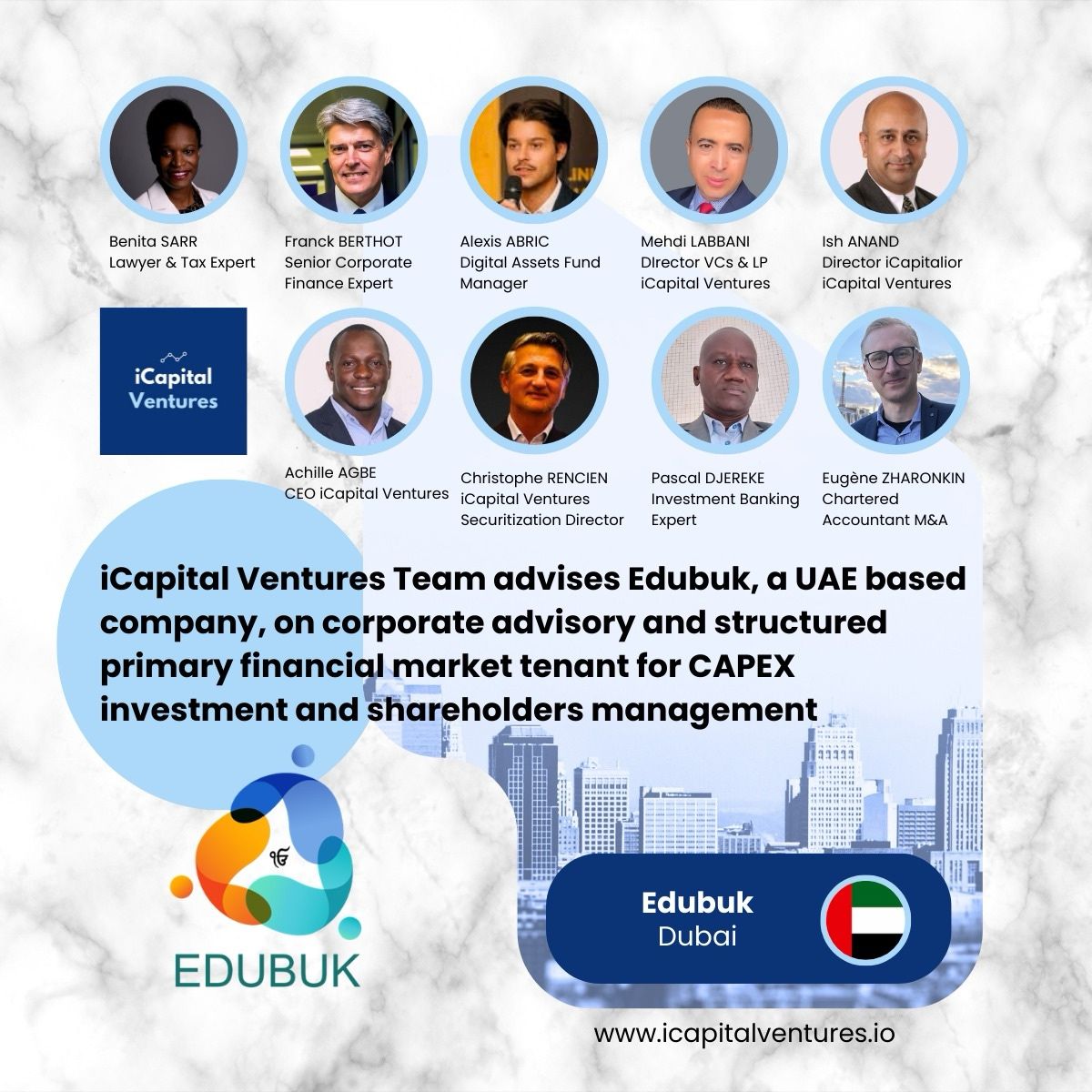





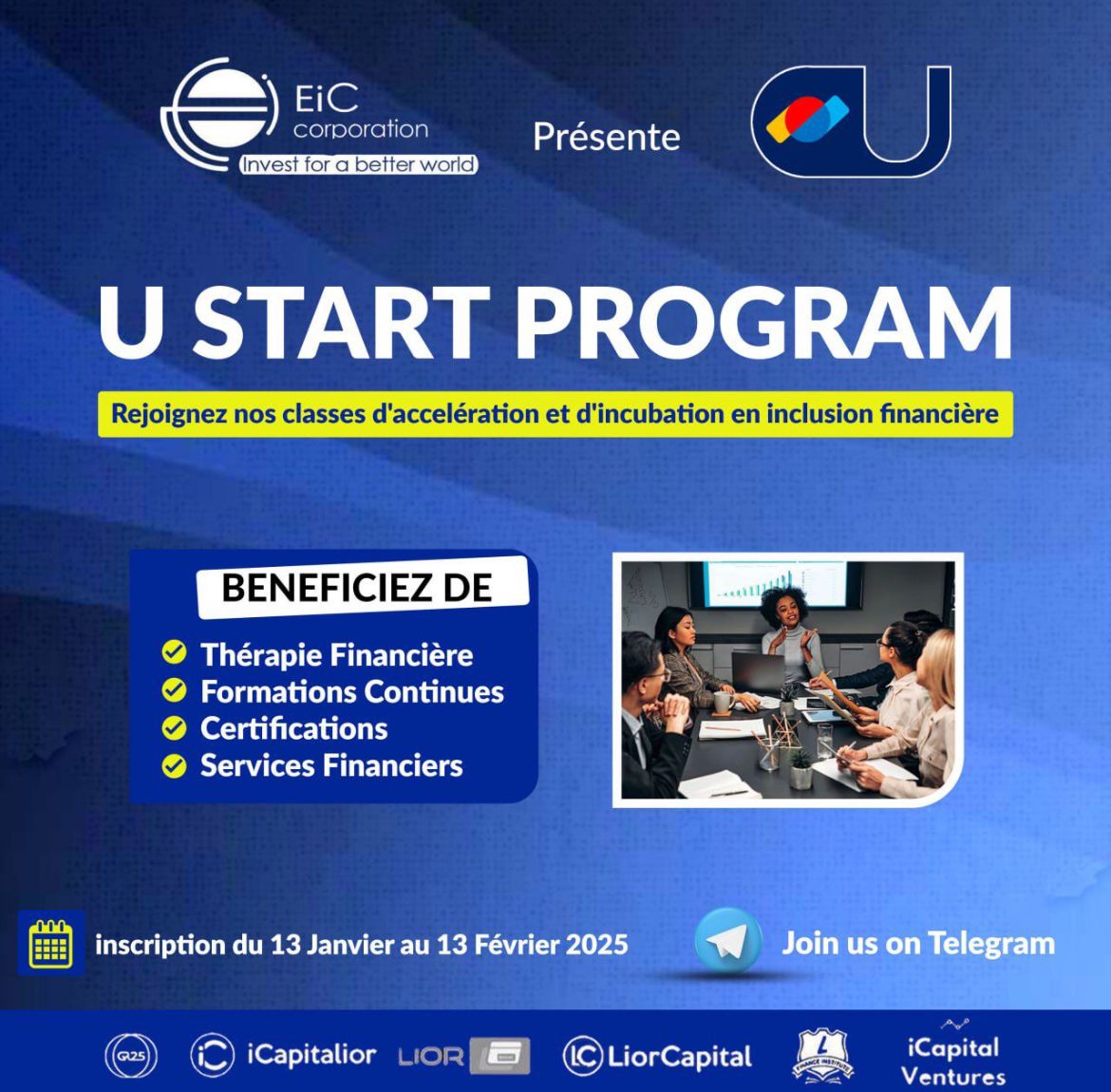

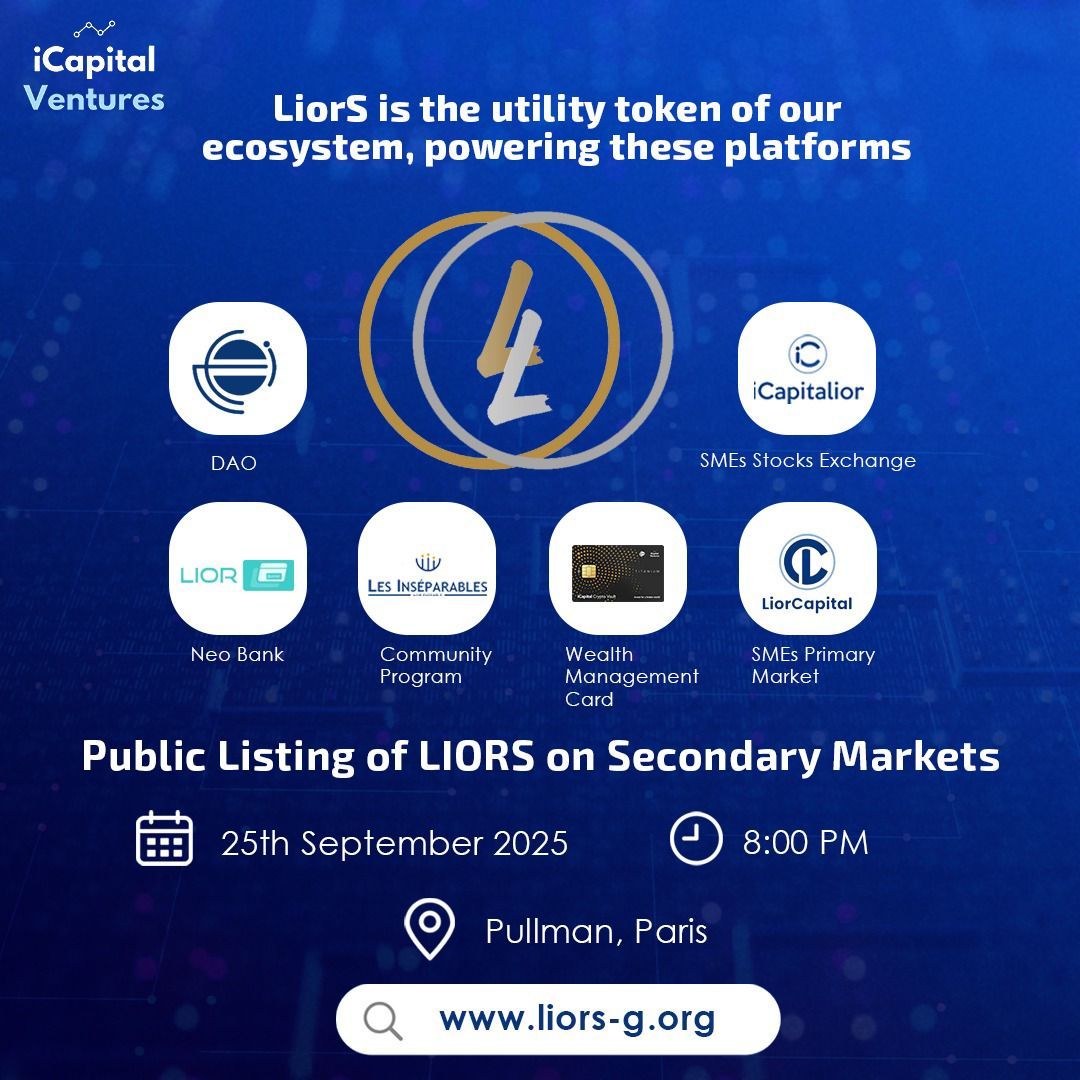
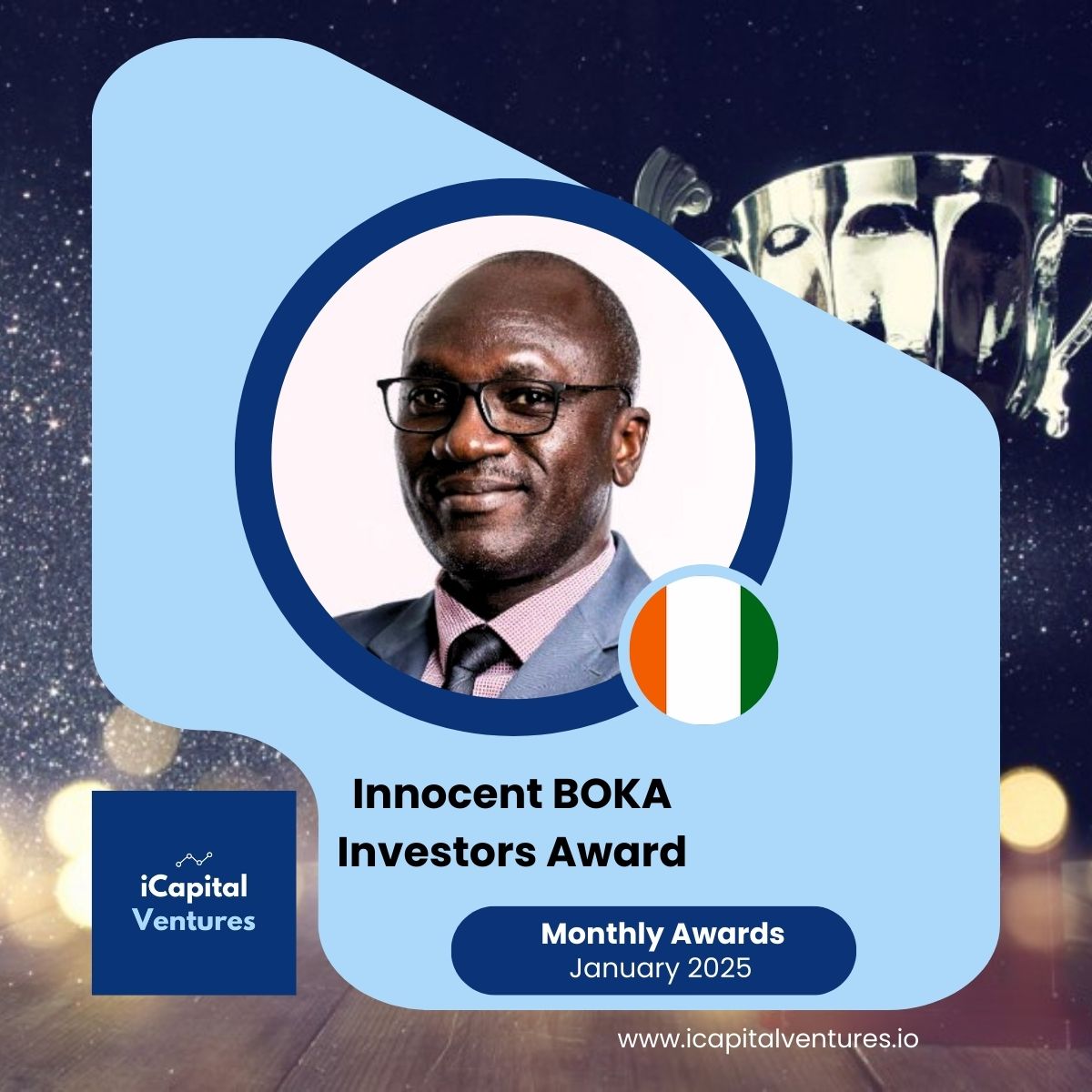

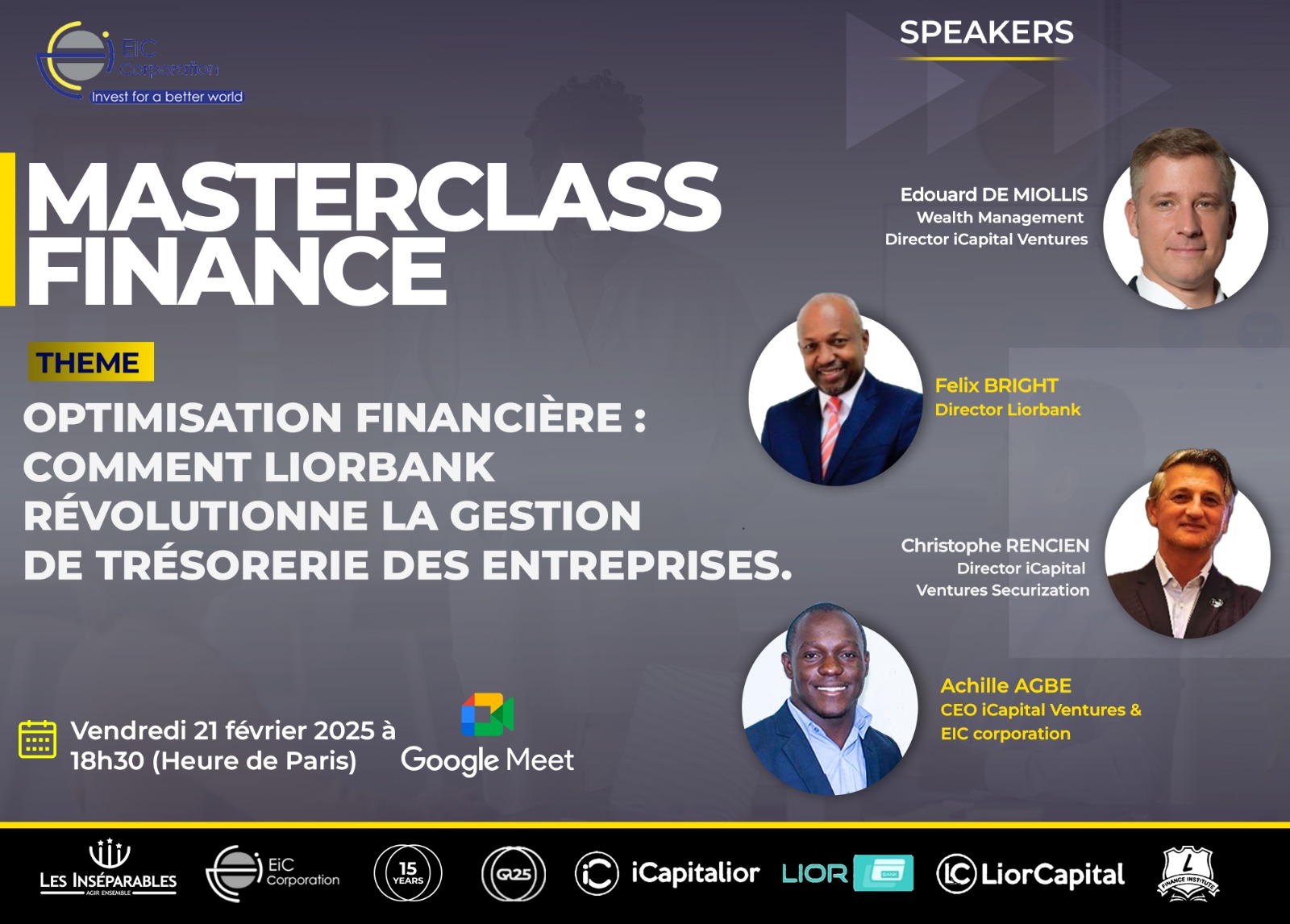
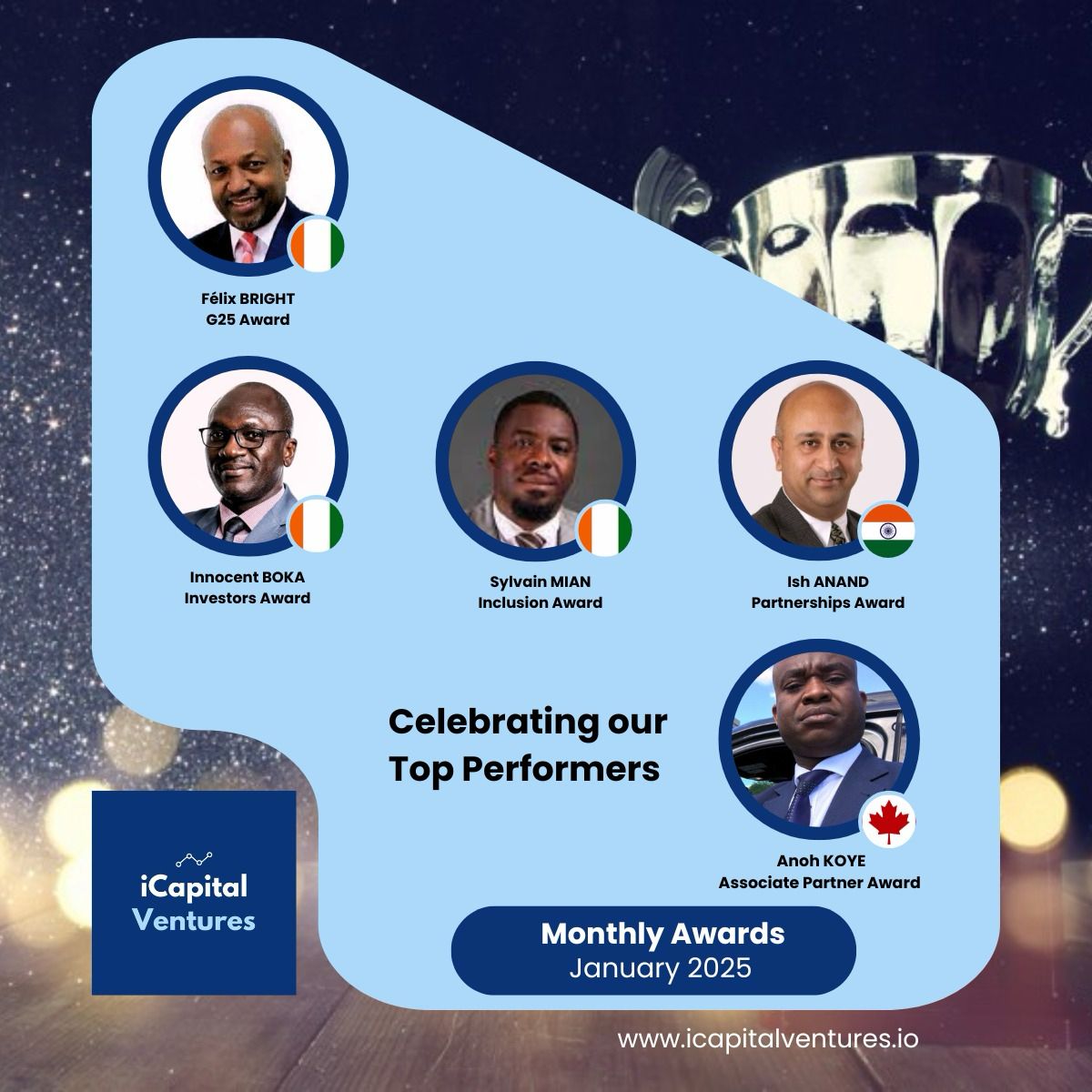
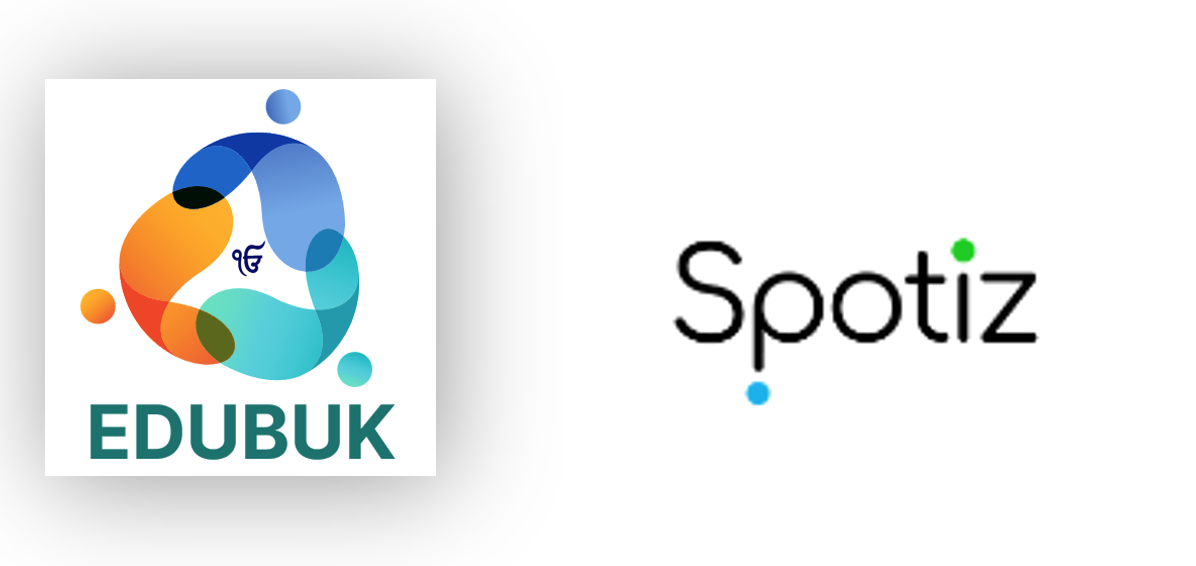
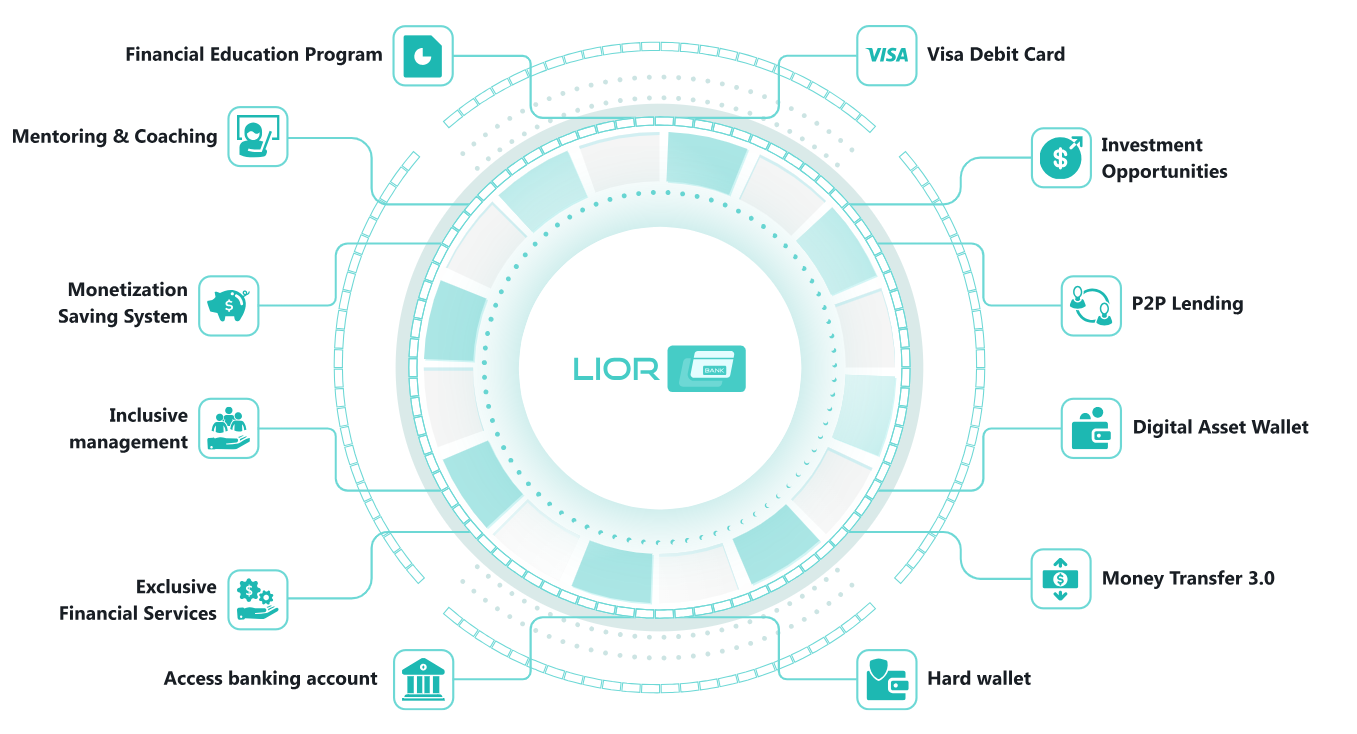
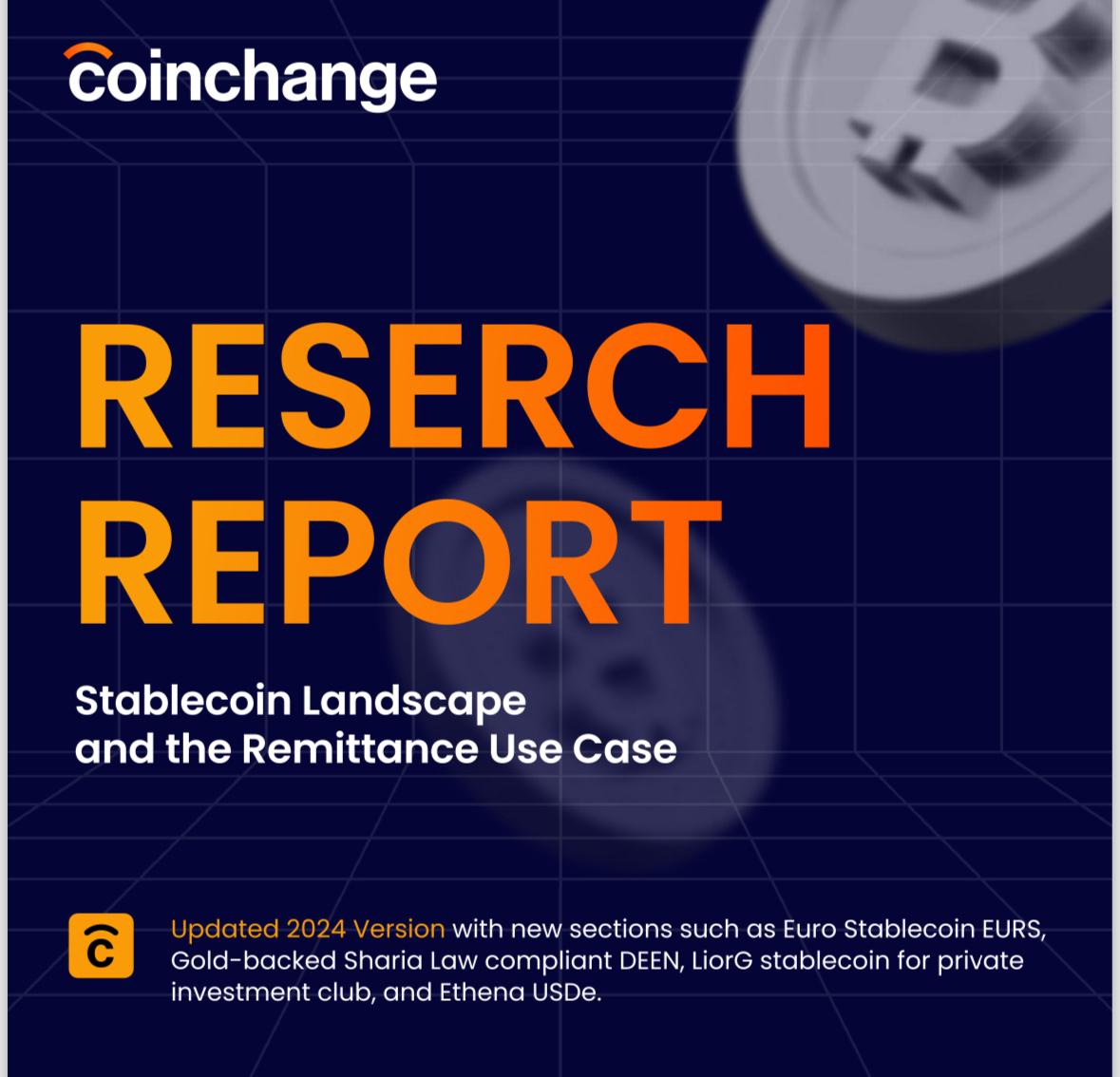
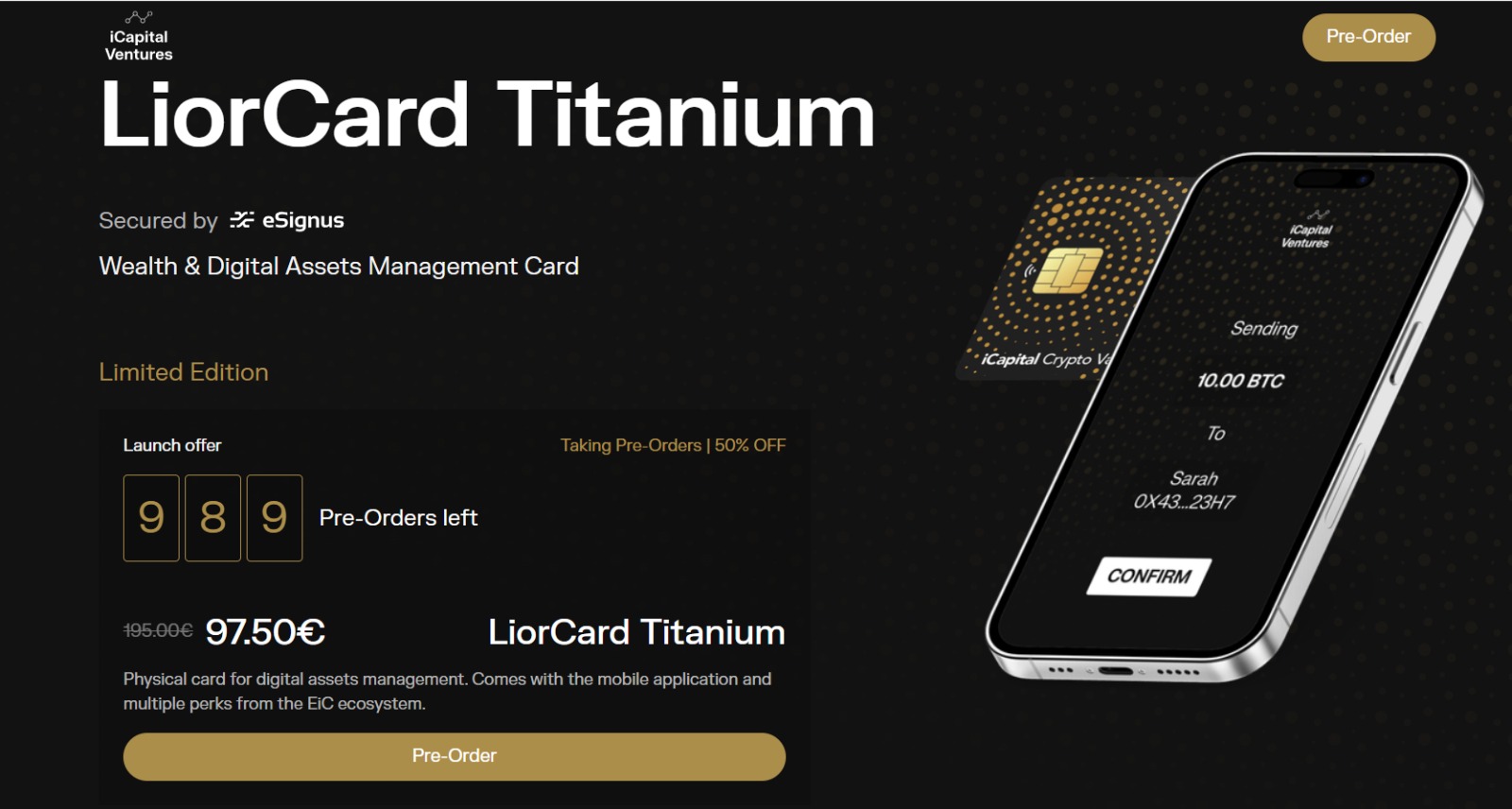





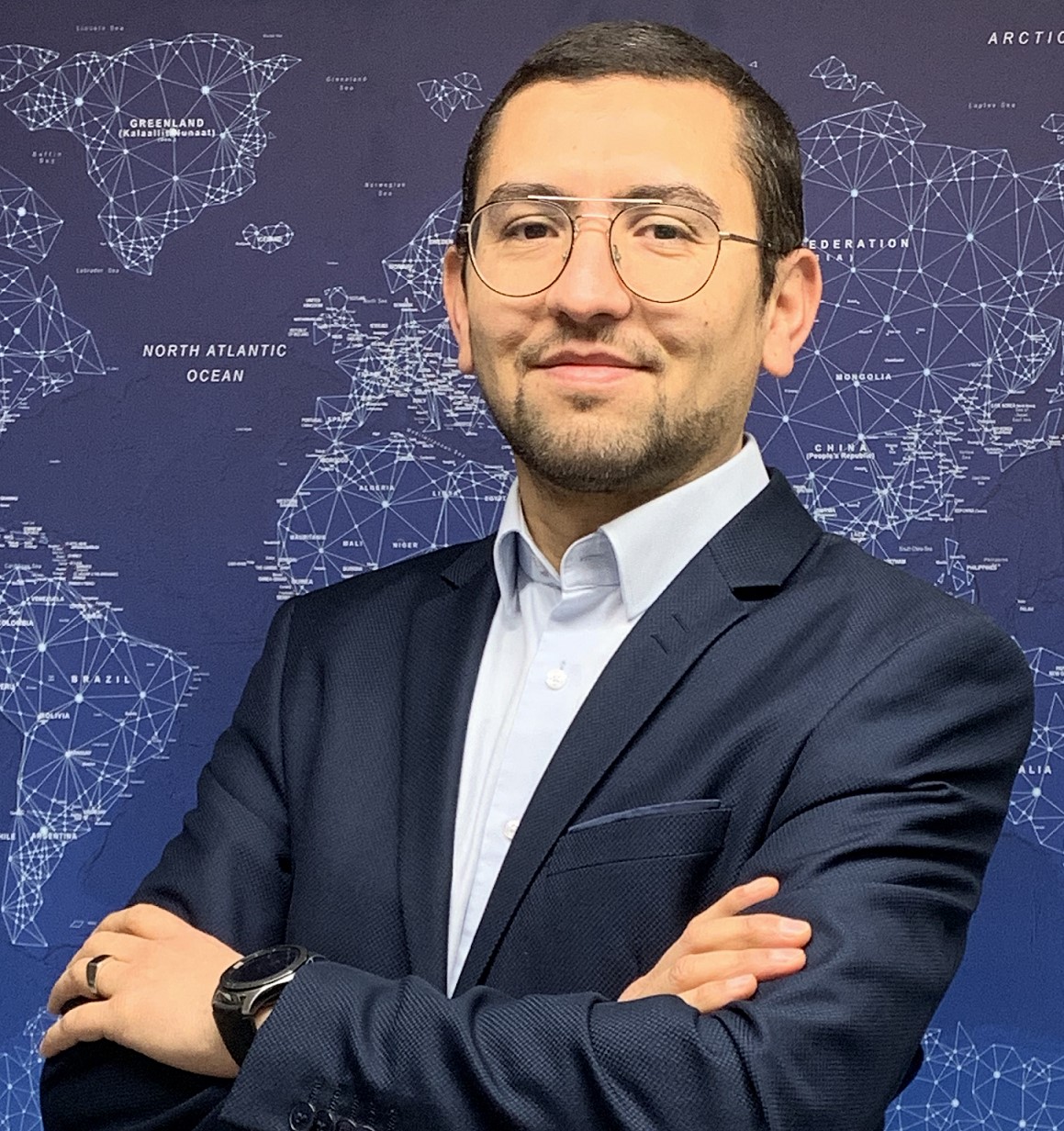

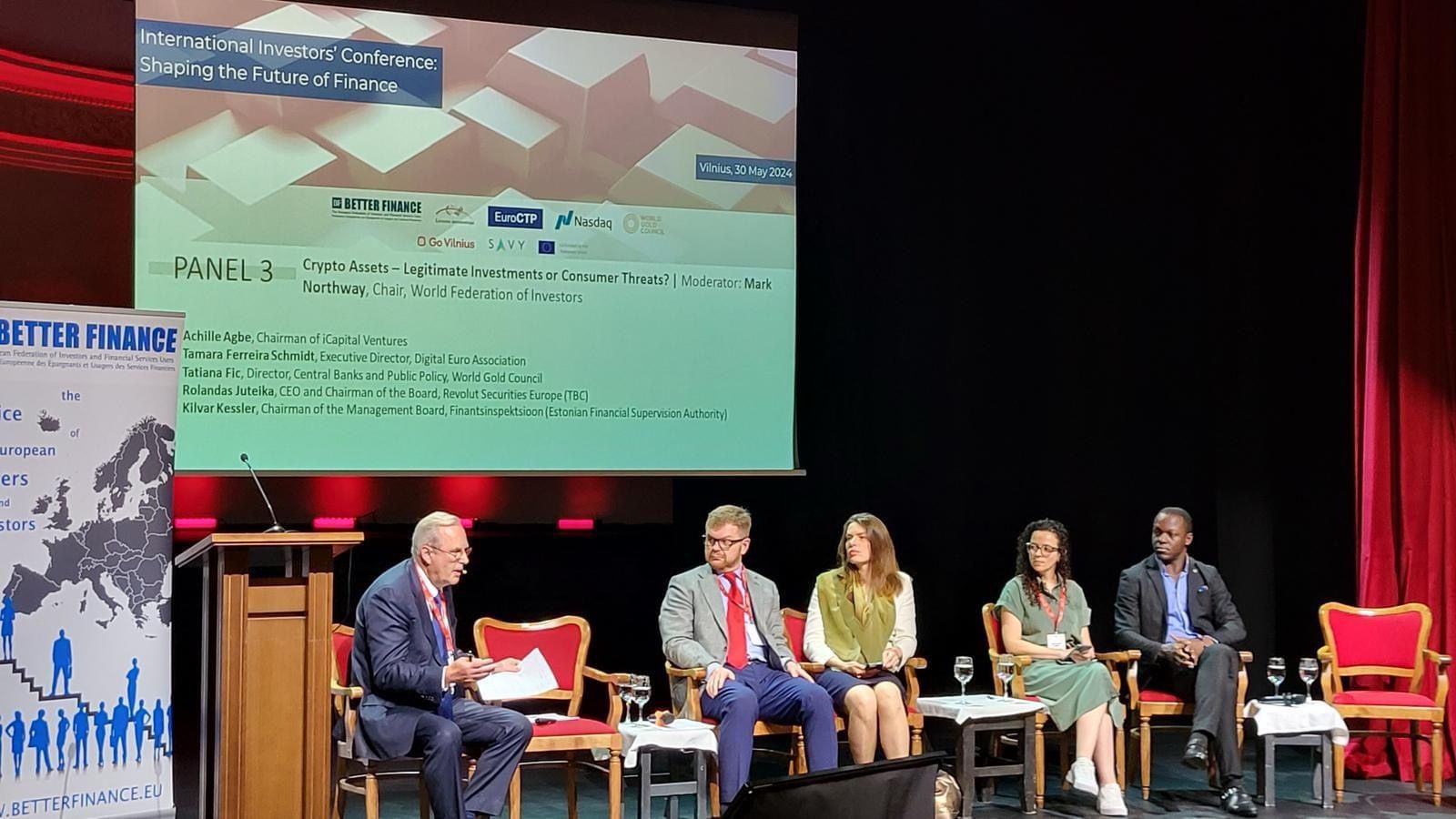
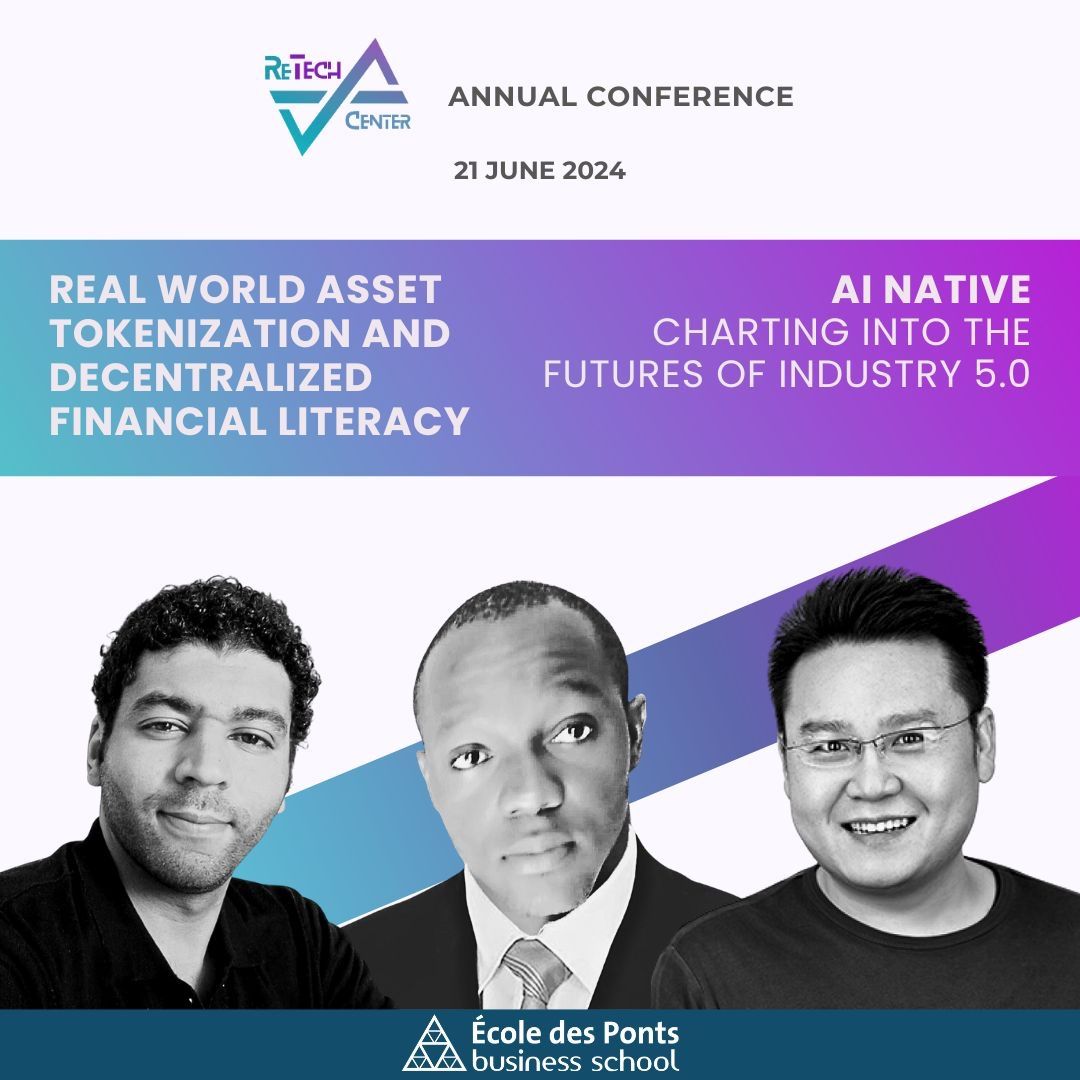



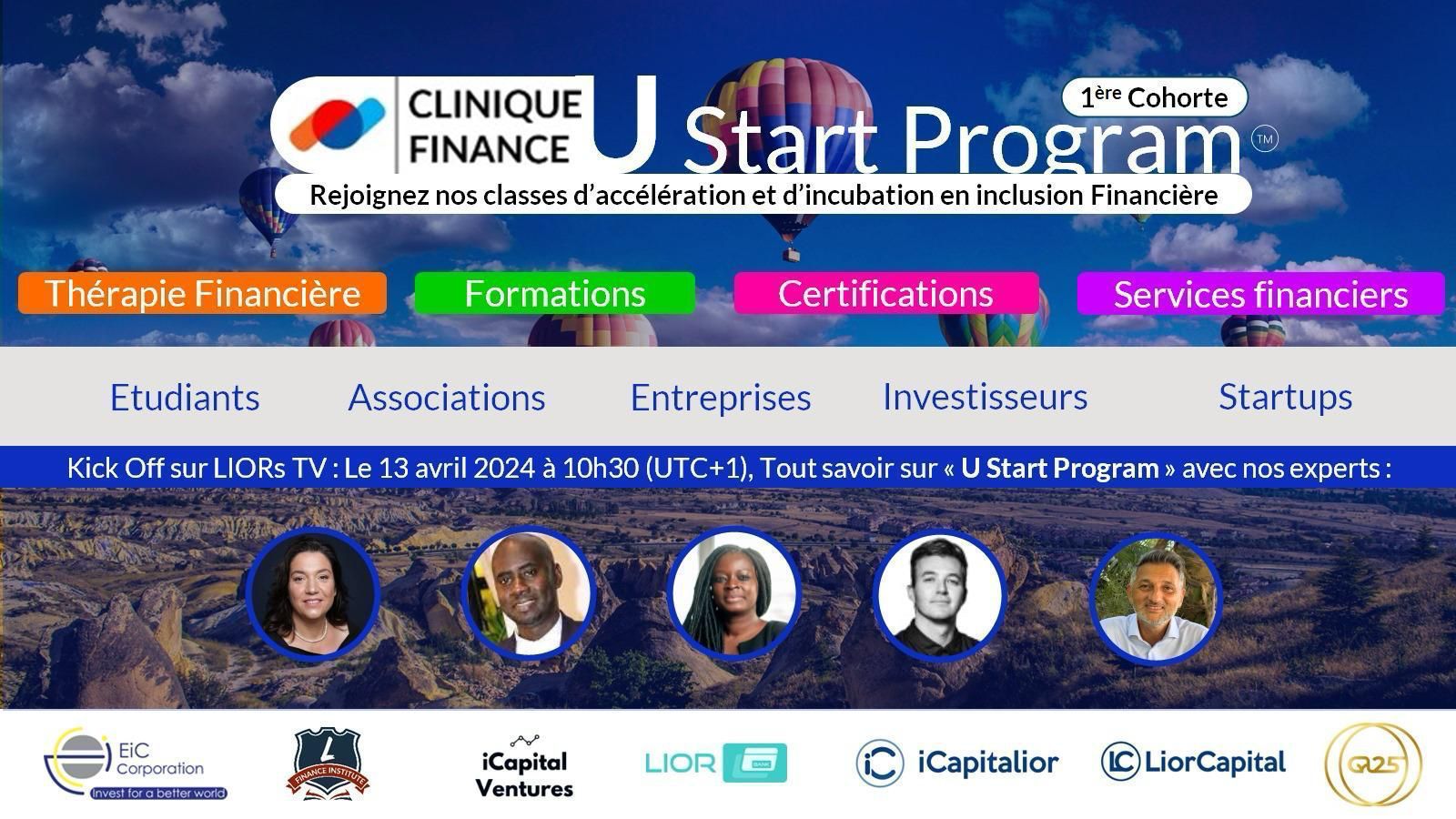


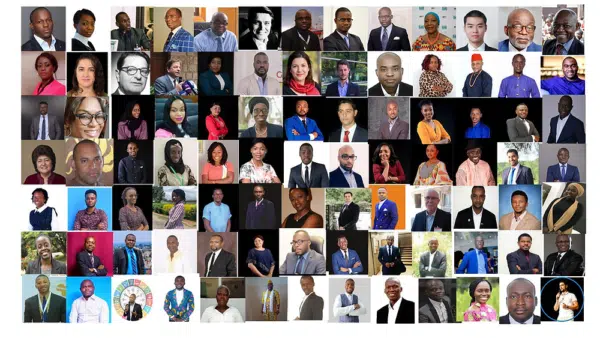

Share
00 Comments
No Comments found!